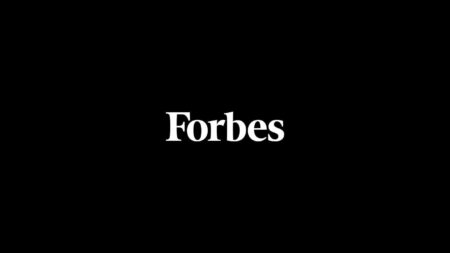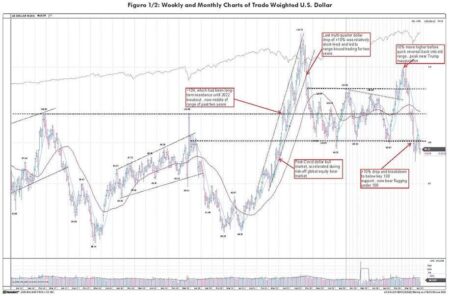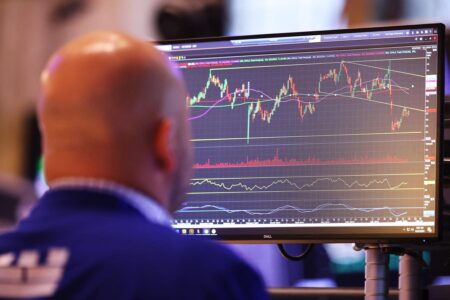Shoppers are paying close attention to how retailers handle the import crisis, with most saying they would reward brands that absorb higher costs.
Three out of four consumers would be inclined to abandon their favorite retail brands over claims of price increases necessitated by new tariffs.
That’s one of the top-line findings in a new survey by First Insight, suggesting that inflation-weary shoppers are annoyed and growing suspicious of major retailers’ announcements about rising import costs. Among U.S. shoppers, only one in four said they are convinced that tariffs alone are responsible.
Inversely, 80% of the 1,120 American shoppers surveyed said they would reward brands that absorb those extra expenses with increased loyalty. Unlike during the pandemic, a cataclysm that played no favorites, the trade war is fast becoming a consumer marketing minefield.
In spite of persistent uncertainty and chaos surrounding the U.S. government’s evolving tariff policies, most retailers have issued public statements about raising prices. Among 306 top retail and brand executives surveyed by First Insight, 77% reported they had preemptively announced price hikes even though the majority, 60%, concede they expect to lose market share to competitors that don’t.
The survey reveals some strong undercurrents in the consumer economy that retailers ignore at their peril, and a clear opportunity to attract new customers.
For starters, price trumps brand loyalty more than ever.
Pandemic-driven inflation coupled with the surge in e-commerce gave consumers the motivation and the tools to aggressively shop for the lowest price for just about anything.
The “value for money” calculation is increasingly top of mind among consumers.
Every major retailer of groceries and other comparable commodities and essentials is devoting more shelf space to lower-priced, higher-profit private label brands that shoppers deem equivalent to national brands. Brand loyalty is losing its grip on the many who are struggling to pay higher mortgage, rent, and insurance bills.
Shoppers are better informed than ever.
One can cruise the aisles of any store and price-check items using their cell phone before deciding whether to buy. That gives retailers who hold the line on prices a leg up on competitors that pass on higher tariff expenses. Hold the line might be a good slogan for an ad campaign.
As an industry, retail profits soared during the pandemic.
Walmart, for example, reported earnings per share that rose 70% over the past three fiscal years. The dichotomy between household budget pain and outsized retail profits was not lost on the public and suspicion lingers.
In 2022, for example, McDonald’s said it was raising prices 10 percent at its U.S. restaurants while simultaneously reporting better-than-expected sales and profits. Its CEO explained at the time, “consumers are willing to tolerate it.”
The dust has yet to settle on whether and by how much import tariffs might rise.
Either way, “Any talk of pricing can not only shake the market, it can shake the consumer,” according to Sonia Lapinsky at Alix Partners, a retail advisory consultancy. Lapinsky recently told The Wall Street Journal, “If they hear about price increases, it might just prevent them from going in the store at all.”
Consumers surveyed by First Insight said that the top two actions retailers and brands can take to offset price changes are: 1) clear communication–especially around if and why prices are rising. And 2) introduce new efforts to soften the blow, including offering loyalty points or discounts.
Good advice in any season.
Read the full article here











